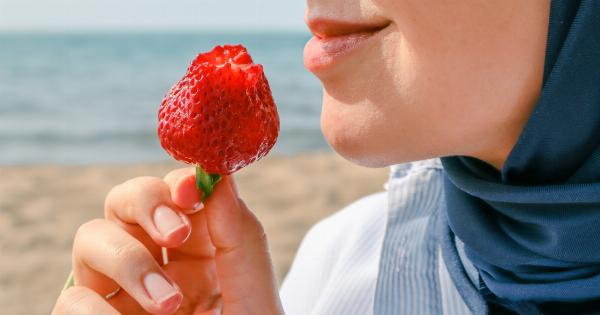If you are experiencing vaginal dryness, you are not alone. This condition is common among women of all ages, though it is especially common among postmenopausal women.
The medical term for vaginal dryness is “vaginal atrophy,” and it can cause a variety of symptoms that can be uncomfortable or even painful. However, there are treatments available that can help relieve these symptoms.
What is Vaginal Dryness?
Vaginal dryness is a condition that occurs when the walls of the vagina become thin, dry, and less elastic. This can lead to a number of symptoms, including:.
- Itching
- Burning
- Pain during sex
- Discomfort during urination
- Infections
- Light bleeding after sex
What Causes Vaginal Dryness?
There are several factors that can contribute to vaginal dryness, including:.
- Menopause: As women age, their bodies produce less estrogen, which can lead to vaginal dryness and other symptoms.
- Pregnancy and breastfeeding: Hormonal changes during pregnancy and while breastfeeding can affect the vaginal tissues.
- Chemotherapy and radiation therapy: These treatments can damage the cells that produce estrogen, leading to vaginal dryness.
- Smoking: Smoking reduces blood flow to the vaginal area, which can lead to dryness and other symptoms.
- Conditions that affect hormone levels, such as endometriosis or polycystic ovary syndrome (PCOS).
Treatments for Vaginal Dryness
If you are experiencing vaginal dryness, there are several treatments available that can help alleviate your symptoms. These include:.
- Vaginal moisturizers: These are applied regularly (such as twice a week) to help keep the vaginal tissue moist and flexible. They are not the same as lubricants, which are used during sex.
- Water-based lubricants: These can be used during sex to reduce discomfort and pain.
- Estrogen therapy: This can be administered either through a cream or a vaginal ring, and can help restore the vaginal tissue and alleviate symptoms.
- Herbal remedies: Some herbs, such as black cohosh and dong quai, have been traditionally used to treat menopause symptoms, including vaginal dryness. However, more research is needed to understand how effective these remedies are.
Preventing Vaginal Dryness
While some causes of vaginal dryness, such as menopause and pregnancy, cannot be prevented, there are several steps you can take to reduce your risk of developing this condition:.
- Don’t use scented products, such as soaps or bubble baths, on your genitals.
- Wear cotton underwear and avoid tight-fitting pants or jeans.
- Drink plenty of water to stay hydrated.
- Quit smoking.
- Use a water-based lubricant during sex to reduce friction.
The Bottom Line
Vaginal dryness is a common condition that can be uncomfortable or even painful. If you are experiencing symptoms, speak to your healthcare provider. There are treatments available that can help alleviate your symptoms and improve your quality of life.



























